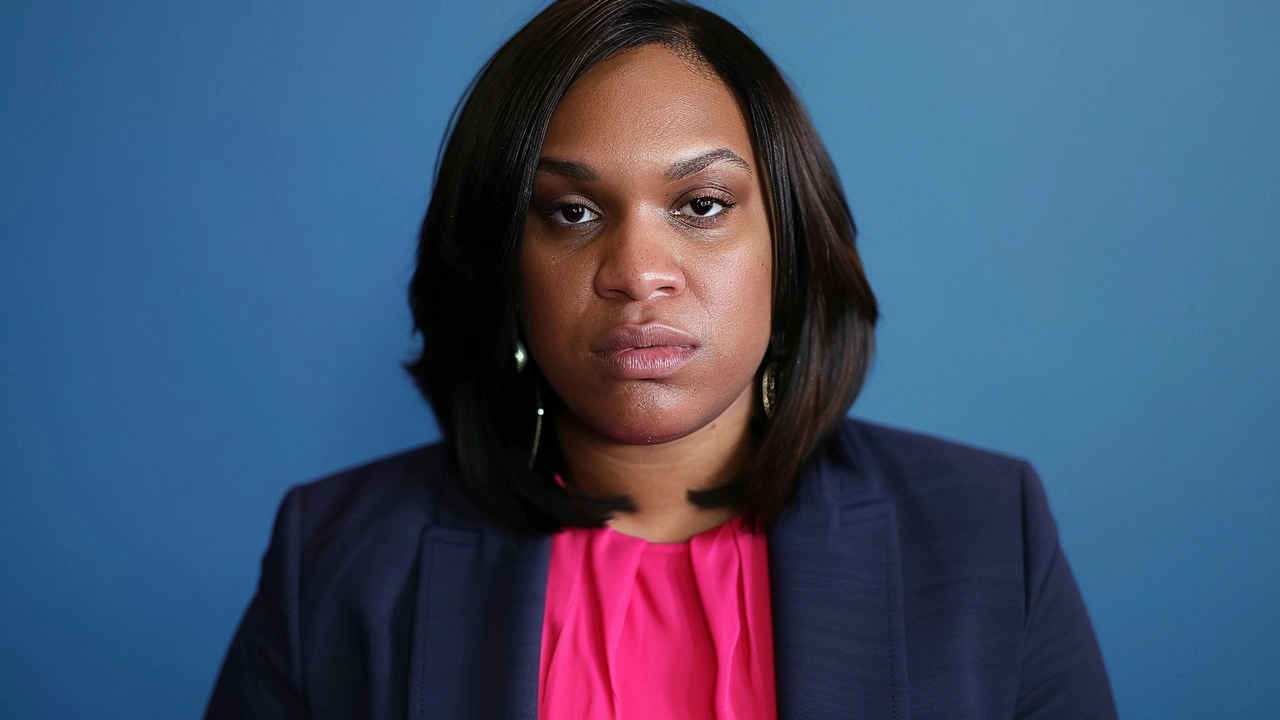What Police Reform Means for Africa's Future
Police reform is a hot topic all over the world, and Africa is no exception. It’s all about changing how police forces work to make them fairer, more accountable, and better at protecting communities. But what does that mean exactly? And why is it so important right now?
Simply put, police reform tries to fix problems like corruption, abuse of power, and poor training that lead to mistrust between police and the public. In many African countries, people have experienced or heard about cases where the police fail to protect them or, worse, make their lives harder. This breaks down trust, which is a big deal if you want safety and justice.
Common Challenges in Police Reform
One major challenge is stopping abuses without weakening law enforcement. Police officers often work under tough conditions without enough support or proper training. So, reform has to balance holding officers accountable with giving them the tools to do their jobs right. It’s not just about punishments — it’s about changing culture and practices.
Another hurdle is politics. Some leaders resist reform because it might limit their control or expose corruption. Plus, lack of funding and resources can stall efforts. Real change takes money, new policies, and steady commitment, which aren’t always easy to come by.
How Police Reform Can Improve Communities
When done well, reform can build trust between police and people. It encourages community policing, where officers work closely with locals, understanding their needs and concerns. This approach helps prevent crime instead of just reacting to it. It also means better training on human rights, fair treatment, and conflict resolution.
Take, for example, initiatives in some African cities aiming to reduce violence and corruption through better oversight and community involvement. These programs show that reform isn’t just a pipe dream; it works when carefully planned and supported.
So, police reform is more than just a buzzword. It touches how safe people feel, how justice works, and how a country grows stronger. You might not read about it in every headline, but it quietly shapes everyday life across Africa.

Marilyn Mosby's Journey: Trials, Tribulations, and Police Reform
Marilyn Mosby, once a rising star as the youngest chief prosecutor in a U.S. city, became a key figure in police reform after announcing charges against six police officers in Freddie Gray's death. Her career faced a dramatic turn with federal trials and a 12-month home detention sentence. Yet, she continues her fight, applying for a presidential pardon. Her story underscores the sacrifices made for justice reform.
